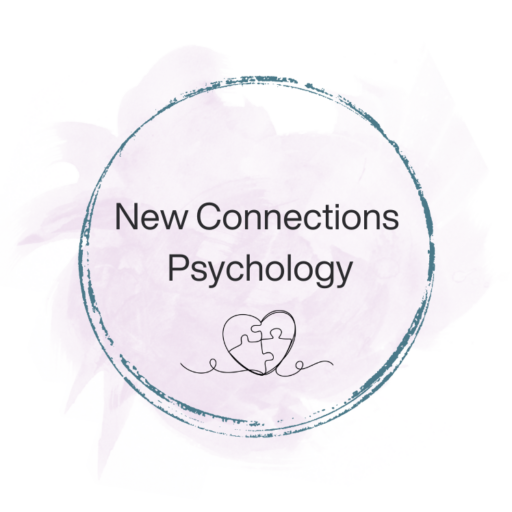Introduction
Grief is a universal human experience, a natural response to loss. Whether it’s the death of a loved one, the end of a significant relationship, or any other major life change, coping with grief can be an overwhelming and challenging process. It is essential to recognize that grief is a unique journey for everyone, and there is no right or wrong way to grieve. In this blog post, we will explore various strategies for dealing with grief and loss, as well as the importance of seeking support during these difficult times.
Understanding Grief
Grief is a complex and multifaceted emotion that encompasses a range of feelings, including sadness, anger, guilt, confusion, and even relief. It can affect people physically, emotionally, and mentally, often disrupting their daily lives and routines. It is crucial to understand that grieving is a natural and necessary process, allowing individuals to come to terms with their loss and eventually find a way to move forward.
Strategies for Coping with Grief
- Allow Yourself to Feel: One of the first steps in coping with grief is to allow yourself to feel the emotions that arise naturally. It’s common to want to avoid pain, but suppressing emotions can prolong the healing process. Give yourself permission to experience the sadness and other emotions associated with grief.
- Express Your Emotions: Find healthy outlets to express your emotions, such as talking to a trusted friend or family member, writing in a journal, creating art, or engaging in physical activities like exercise or yoga. Expressing your feelings can provide a sense of relief and help you process your emotions.
- Practice Self-Care: Grieving can be physically and emotionally draining. It’s essential to take care of yourself during this time. Make sure to get enough rest, eat nutritious meals, exercise regularly, and engage in activities that bring you joy and relaxation.
- Establish Routines: Grief can disrupt your daily routines, leading to a sense of chaos and disorientation. Establishing simple, comforting routines can provide stability and a sense of normalcy during a challenging time.
- Seek Professional Help: If you find it challenging to cope with grief on your own, consider seeking help from a therapist or counsellor. Therapy can provide a safe space to explore your feelings and develop coping strategies tailored to your specific situation.
Seeking Support
- Connect with Others: Sharing your feelings and experiences with others who have gone through similar situations can be incredibly comforting. Consider joining a support group where you can connect with people who understand your grief and offer valuable insights and empathy.
- Lean on Friends and Family: Don’t hesitate to reach out to friends and family members for support. They can provide emotional support, lend a listening ear, and offer practical help with daily tasks when needed.
- Communicate Your Needs: People around you may want to help but might not know how. Be open and honest about your needs, whether it’s someone to talk to, assistance with household chores, or simply companionship.
- Celebrate and Honour the Memory: Find meaningful ways to celebrate the life of the person you have lost. This could involve creating a memorial, organizing a tribute event, or engaging in activities that the person enjoyed. Celebrating their life can bring a sense of closure and positive memories.
Getting Help Through Counselling
Seeking help through a counsellor is a vital aspect of coping with grief and loss. Professional counselling provides a safe and supportive environment where individuals can explore their feelings, thoughts, and concerns related to their grief. A trained therapist or counsellor can offer valuable guidance and coping strategies tailored to the individual’s unique situation. Through counselling, individuals can gain a deeper understanding of their grief, develop effective coping mechanisms, and learn to navigate the complex emotions that accompany loss.
Counsellor sessions often involve techniques such as cognitive-behavioural therapy, which helps individuals identify and challenge negative thought patterns, and mindfulness practices, which encourage being present and accepting one’s emotions without judgment. Additionally, counsellors can provide a non-judgmental space for individuals to express their deepest fears, regrets, and emotions, allowing them to work through their grief at their own pace.
Furthermore, counsellor can also be particularly beneficial for individuals who are experiencing complicated grief, a form of grief that is prolonged and significantly impairs one’s ability to function in daily life. In such cases, a counsellor can provide specialized interventions and support to help individuals process their grief and find a way to move forward.
Conclusion
Coping with grief and loss is a deeply personal journey, and it’s essential to be patient and compassionate with yourself during this challenging time. By allowing yourself to feel, expressing your emotions, practicing self-care, and seeking support from others, you can navigate the grieving process and eventually find a way to heal. Remember that it’s okay to ask for help and that reaching out to others can provide comfort and strength as you move forward on your journey of healing.

